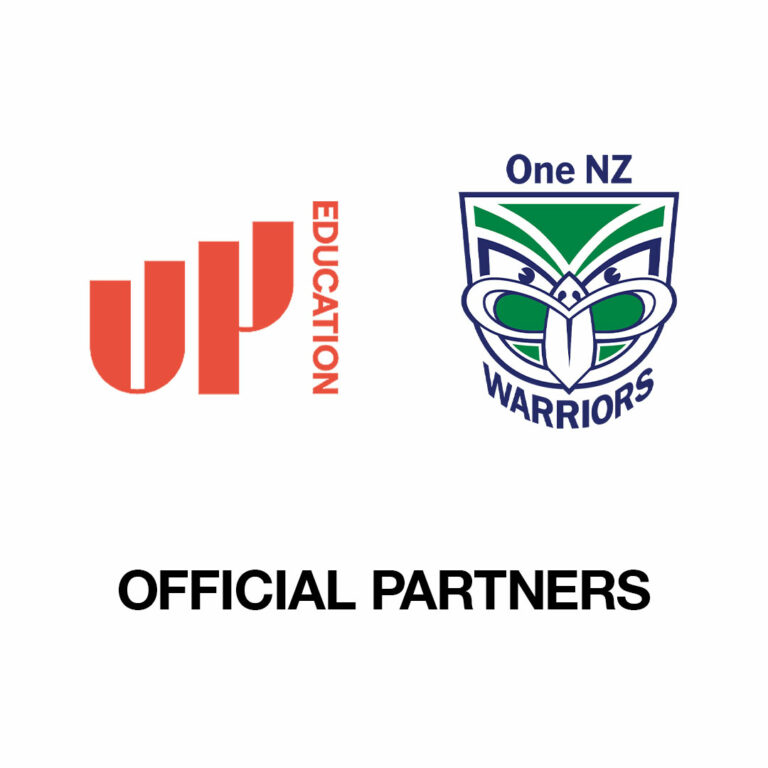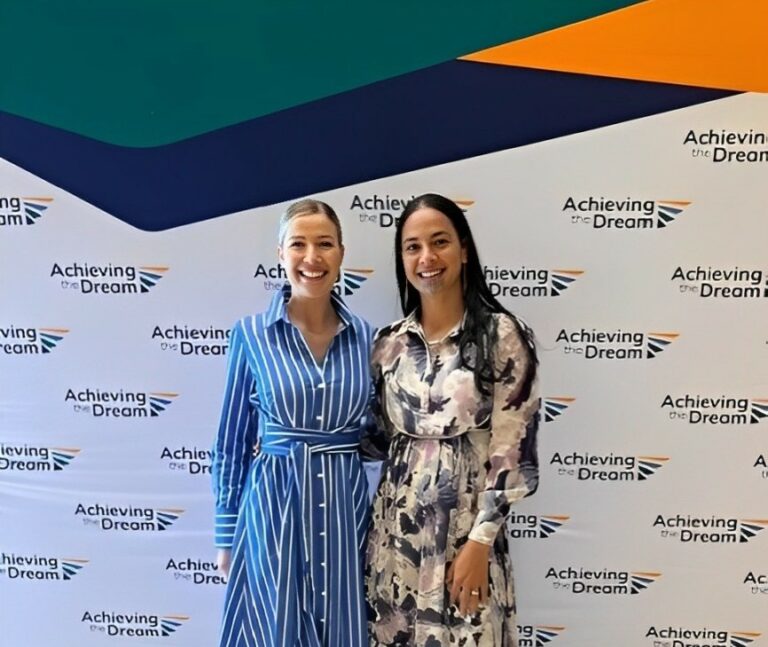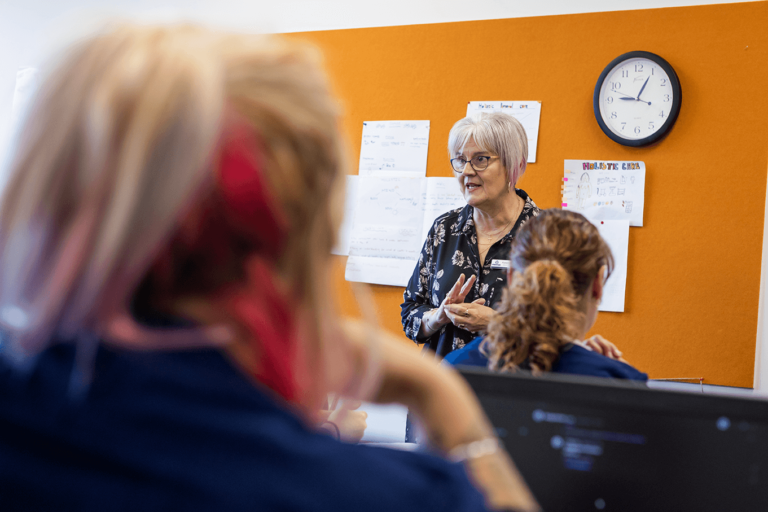The multi-billion pay-off in fixing our education system to meet the needs of every New Zealander
Mark Rushworth, UP Education Group CEO, shares why system-wide change is needed for underserved learners to thrive in the New Zealand education system, following the release of UP Education’s thought leadership paper and NZIER research for underserved learners.
Our education system is not working as well as it should and it is costing our economy billions.
Why? Because too many Kiwis are leaving school early without any qualifications, or not going onto tertiary study when they otherwise would and should have. This is causing over 66,000 learners to slip through the cracks, limited to lower-paying or unfulfilling jobs.
These are the country’s underserved learners.
While underserved learners come from a wide range of ethnicities and backgrounds, statistics show Māori, Pacific people, and people with disabilities are disproportionately over-represented in this group.
We worked with NZIER to understand the economic impact if we were able to lift the educational achievement level of Māori, Pacific peoples and people with disabilities so they achieved at the national level.
The numbers were staggering.
By lifting these three groups to the national average, there would be nearly $11 billion in extra wages generated over a thirty-year period, adjusting for labour force participation.
In fact, the average person with a level 4 to 6 qualification earns $585,900 more during their working life than someone with no qualification. That is a life changing amount of extra income.
That is not to say our education system is not working for all Māori, Pacific peoples, and people with disabilities. In fact, over the last 20 years, the proportion of Māori with at least a school qualification has increased from 59 percent to 72 percent[1].
But tertiary qualifications have not tracked at the same rate. The proportion of Māori and Pacific peoples aged between 25 and 49 who don’t have any form of tertiary qualification is twice the national average.
And in a rapidly modernising knowledge economy, where there is both increasing automation and increasing demand for skilled labour, this is a problem.
If we don’t act now to address years of education inequity, we risk the next generation, and the one after that, being left behind and not fulfilling their potential.
We need our education system to work for every New Zealander.
This is why all students should have access to specialist support services, such as social workers, pragmatic career advisers and counselling services, and we need to make sure our education providers are building resilience and instilling the life skills that some students are not being taught at home.
We need to stop asking why so many students are failing in the education system and instead focus on why our education system is failing students.
We need to understand we don’t all start life with access to the same opportunities, with many coming from very disadvantaged backgrounds.
And our workforce needs to not only be academically confident but also culturally competent. Educators need to have the skills to build positive relationships with their students, providing them with support, guidance and help to overcome the barriers they might be facing.
There’s also a crucial role for government to play in providing ongoing investment to support more Māori, Pacific peoples, and disabled learners to enter – and succeed – in post-secondary education.
But there is also an opportunity for the Government and private education providers to work better together to innovate and think differently about how we deliver education to harder to reach groups.
If we continue to keep doing the same thing, we’ll just continue getting the same results. That is why we need to embrace new ideas and focus on the needs of the students rather than the needs of the system in order to deliver meaningful change.
We need to create system-wide changes for underserved learners to thrive and we will only do that through supporting innovation and abandoning a one-size-fits-all approach.
Continued investment in research will help us to understand the needs, barriers, experiences and performance of priority learners with a focus on increasing participation in tertiary education.
By working and thinking differently, we can deliver meaningful skills to people who might not otherwise be in education to not only transform their lives, but that of their whānau and their community.
That is, after all, the power of education.
[1] https://www.educationcounts.govt.nz/__data/assets/pdf_file/0009/208827/Educational-attainment-in-the-adult-population-Indicator.pdf
-


UP Education partners with One New Zealand Warriors
UP Education has joined the One New Zealand Warriors as the iconic Kiwi club’s official education partner. -


NZMA and Yoobee Group engage in transformative discussions at USA conference
Rachel Evans, Head of Learner Success at NZMA Group, and Kelly Stevens, Head of Learner Success at Yoobee Group, represented New Zealand in a delegation led by the Tertiary Education Commission. -


NZMA launches programme to address neurodivergent learning needs
NZMA has launched a Level 4 Certificate in Supporting Diverse Learners, to help educators and caregivers address the unique needs of one in five children in Aotearoa that are neurodiverse.

